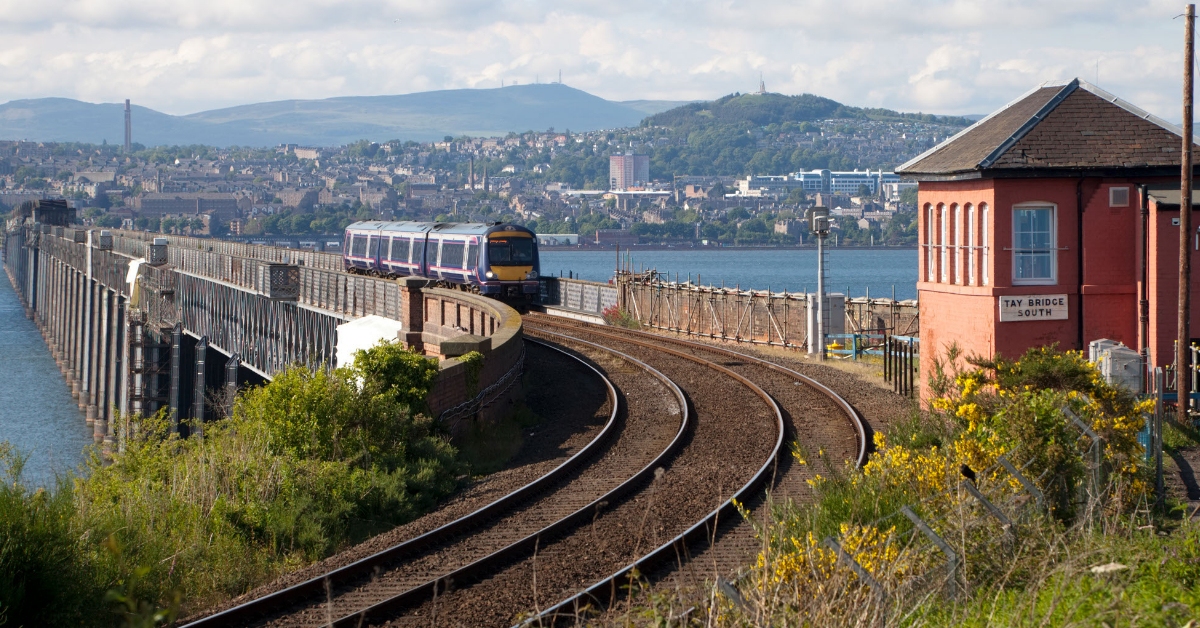Network Rail Scotland has not been compliant with standards when carrying out structure examinations, according to the regulator for health and safety on Britain’s railways.
In its annual assessment, the Office of Rail and Road (ORR) stated they “remain concerned” about the level of non-compliance with structure examination standards in Scotland.
It follows a review by the ORR in March 2022 which found that overall non-compliance had “increased significantly” during the year.
The regulator stated that at the end of March 2022, there were 4,392 instances of non-compliance with its portfolio of 12,486 assets.
Across the UK, Network Rail has around 30,000 structures that need to be maintained.
These include structures such as bridges to make sure they are fit for purpose.
Many of them are over 100 years old but are still able to be used due to a “proactive” examination schedule implemented by Network Rail.
However, in its report, the ORR said that it had sought assurance from Network Rail Scotland that it is working towards elimination of non-compliance with the standards for these checks.
The regulator reviewed the recovery plans of each region in the UK and sought assurances that timebound actions were being pursued.
It concluded that Network Rail’s plans were aimed at elimination of non-compliance, but the ORR considered that the plans “contain some weaknesses and do not yet fully address our concerns”.
The ORR stated that it would continue to monitor improvements to the robustness and delivery of the plans put forward by Network Rail.
It also said it will monitor the organisations plans to address the independent reporter recommendations on Network Rail’s future delivery of structures examinations.
In another section of the report, the ORR stated that safety performance by Network Rail in Scotland was “generally good”, but they said that they have some concerns.
There were two “potentially high-risk” train accidents in the year, the ORR said.
These were the derailment of a train at Dalwhinnie in April 2021, and a low-speed buffer stop collision at Glasgow Central in January 2022.
The derailment is being investigated, the ORR noted as they explained that they will complete their investigation once the report by the RAIB (Rail Accident Investigation Branch) is published.
Jennifer Cullen, ORR’s senior regulation manager for Scotland, said that the regulator will work with Network Rail to identify areas of concern.
“Overall, it was a challenging year for the region, but we continue to work closely with Network Rail Scotland to identify areas of concern and ensure these are addressed to deliver improved outcomes for both passengers and freight operators in Scotland,” she said.
“In response to poor train service performance, Network Rail Scotland and ScotRail have already established a joint performance improvement plan including targeted interventions that, if delivered, should result in a more resilient railway.
“We are closely monitoring delivery of this plan.”
Network Rail has been contacted for a response.
Follow STV News on WhatsApp
Scan the QR code on your mobile device for all the latest news from around the country


 iStock
iStock
























